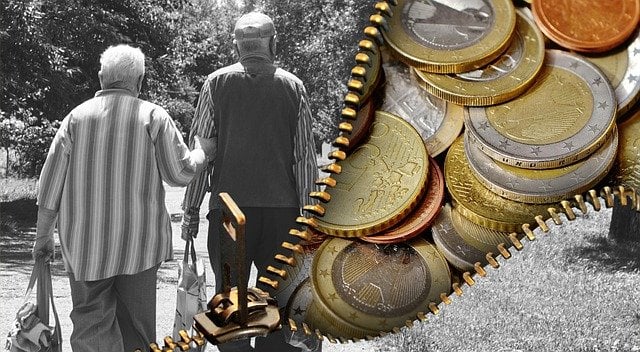Spain’s self-employed have a pretty tough gig.
We’ve covered it in detail before in the link below, but the challenges include everything from the highest flat self-employed fee in the EU to plenty of convoluted bureaucracy.
Self-employed in Spain: What you should know about being 'autónomo'
Fortunately, one of the main downsides of being autónomo in Spain is now set to be resolved as a result of the government’s recent changes to the contributions for this group of workers.
In return for paying €144.49 more a month to Spain’s social security system on their net income, they will receive €377.92 more per month in their future pensions.
But it does mean that if they contribute (cotizar) on their net earnings, many will go from paying €288.99 a month to €433.48.
The threshold to calculate this are earnings of €1,416.60 a month, which is 1.5 times the current minimum contribution base.
Spain’s social security ministry will adjust the new way of calculating contributions based on self-employed worker’s net earnings (ingresos reales), so some will pay less but most will contribute more.
This means that autónomos will overall pay 50 percent more than they currently do to RETA (Spain’s Special Regime for self-employed workers), adding €5 billion more to public coffers every year.
In 2019, retired self-employed people in Spain received an average €686 monthly pension whereas the average for retirees who were on the payroll was €1,091.
The numbers fluctuate year to year but in general the gap between both groups has been widening.
The argument by Spain's version of Inland Revenue up until now has been that 86 percent of autónomos in Spain pay the minimum monthly social security contributions during their working life.
Even the OECD has had to step in to warn the Spanish government that as things stand, there will be an army of old people in twenty years' time struggling to make ends meet.
The new autónomo rules, which are yet to be written in law, are expected to come into force in 2022.
Although these latest measures may offer some sense of security for the future for many self-employed workers in Spain, others may find it a hard pill to swallow given that their earnings have dropped considerably during the pandemic and that they still have to pay a flat fee of €289 a month, a fee that’s high enough already for some.
READ MORE:
Autónomo: What we know about Spain's plan to change freelance contributions



 Please whitelist us to continue reading.
Please whitelist us to continue reading.
Member comments